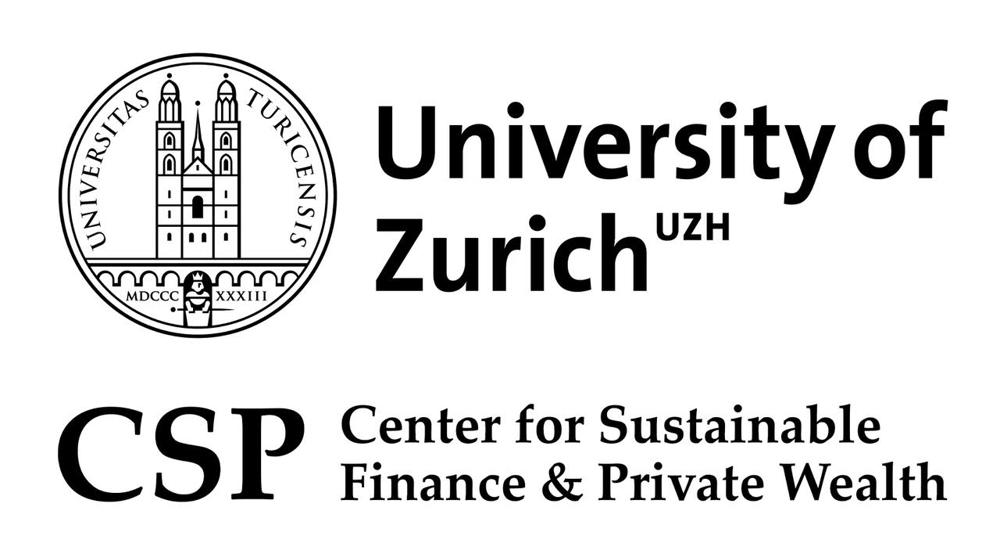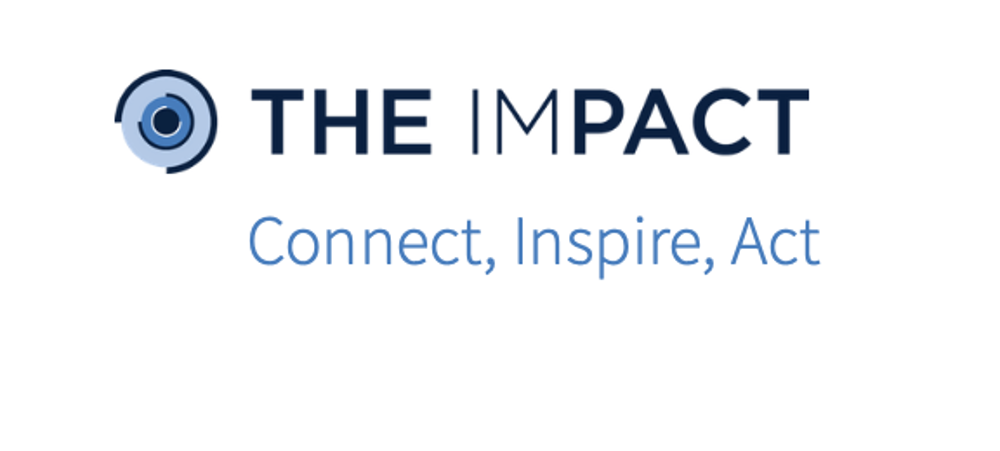The ImPact’s 10 Key Action framework
To support its mission to help families make more impact investments more effectively, The ImPact, a global membership community of families committed to delivering positive impact, has mapped 10 key actions that many families take as they envision, develop, implement, and refine their impact investment strategies over time. Families rarely, if ever, work through these actions in a linear order. Some families may work on actions that are easier to complete first and use the experience gained from the process to build momentum for subsequent actions. The following actions are interconnected, creating a dynamic cycle increasing a family’s capacity to create impact through investing.
- Define your “Guiding Lights”. Before defining your vision and goals, identify the social or environmental needs you want to address and the beneficiaries you want to impact positively. Then identify the weights that are to guide your decision-making. Once done, you have identified your “guiding lights.” One-size-fits-all approaches for this exercise are hard to find, yet tools to get you started are plenty. Examples include the UN Sustainable Development Goals, Toniic’s Impact Theme Framework, and Effective Altruism.
- Achieve family buy-in to a shared impact investment vision. Engage in conversations that enable you to identify the values your family shares in order to broaden and deepen your family’s engagement in investment decisions. When speaking the language of values instead of finance, disengaged family members are given the opportunity to participate in investment decisions using a vocabulary they are comfortable with. External support might be invaluable, and in case you reach a dead-end, carving out your own assets might be an option.
- Build an investment team for your impact investment strategy. Finding the right talent is not easy in a dynamic, emerging field. No less so when navigating a myriad of family decision-makers and external experts. Regardless of the structure of the team, clear processes, policies, goals, and measurement models ensure that learnings cumulate to expertise and gradual growth.
- Map your assets to know what you own. The first step in a transformation process is knowing where you are coming from and what you are working with. Once you have mapped your foundations, devise a plan, start implementing it and keep yourself and your team accountable for the goals you set.
- Build impact into your Investment Policy Statement. Write and clarify the normative frameworks to guide your investment activities and align vocabularies across relevant policies. Do you, for example, want to talk about a responsible impact, or sustainable investment policy? The words you use define the reality you operate in, the goals you set, and the compromises you are willing to make.
- Weave impact into the due diligence processes for all your investments. Use shared frameworks or separate structures to assess investments against their social and environmental impact. Some structures and frameworks might not work for some asset classes, yet this does not mean that the assets do not have an impact. All investments have an impact. Yet the ones we measure get managed.
- Build an impact portfolio in accordance with your Investment Policy Statement. Fund managers are your go-to experts for deals and learnings. Even if you aim to build an in-house team for your family, a way to get going is by investing in fund-of-funds and becoming a limited partner in an impact fund. This will protect you from learning the hard way. In addition, building a robust, diversified impact portfolio is easier when families work together with aligned partners to source investments and collaborate on due diligence. These partners can be families, institutions, or investment experts.
- Establish an impact measurement methodology for your portfolio. Before calling your investment an impact investment, it is vital to understand the difference between the impact a company has and the impact you as an investor have. To understand the full spectrum of the impact you are having, measure both. There is a plethora of tools and experts to help you get started. You are not in this alone.
- Engage the institutions that support the deployment of your assets. When operating as a family, it is important that families understand the leverage they have when working collectively as a unit and collaborating with their peers. Families can be catalysts for change when they identify common impact investing products and standards, thus signalling a demand for quality impact investments across institutions, markets, and society.
- Support the flourishing of an impact ecosystem. Impact investing is not just about investing. It is about enabling the existence of an investing ecosystem geared for impact. Transforming the investing ecosystem calls for more knowledge, strong networks, and visionary individuals pushing for long-lasting, foundational change. This means that the ones seeking to do impact investing are also called to act as pathfinders. Enabling the growth of a robust impact investing ecosystem increases everyone’s ability to make better impact investments now and in the future.
To find out more about families and impact investing, download Ten ingredients for impact investing: eight families share their recipes, a new report from The ImPact and The Center for Sustainable Finance and Private Wealth (CSP) at the University of Zurich. A deep dive into impact investment journeys, the study explores case studies of eight families who have walked the talk including Valerie Rockefeller, Temple Fennel of Keller Enterprises, and Paolo Fresia. Download and read the full report here.
About the Center for Sustainable Finance and Private Wealth (CSP)
The Center for Sustainable Finance and Private Wealth is an academic research and teaching institution at the University of Zurich. CSP works at the intersection of research, wealth owners, and investment professionals to generate knowledge and mobilize capital toward impact.
About The ImPact
The ImPact is a global membership community of families striving to create measurable positive impact through their family offices, operating businesses, or foundations. The ImPact’s membership experience provides families with relationships, knowledge, and opportunities needed to continue their impact journeys.




